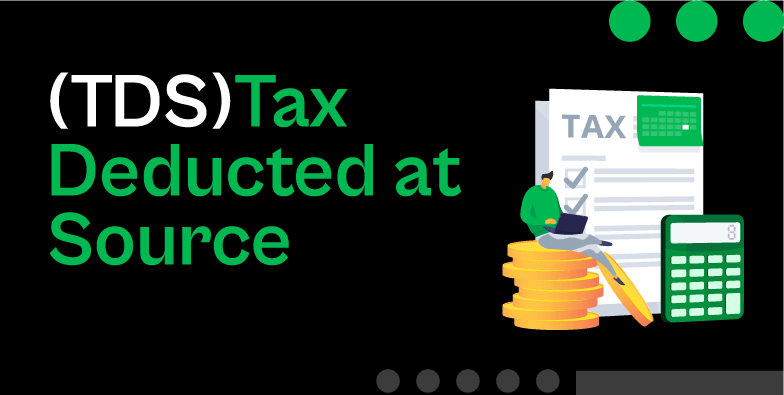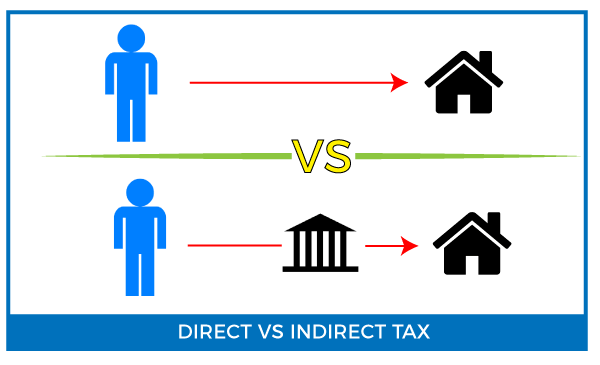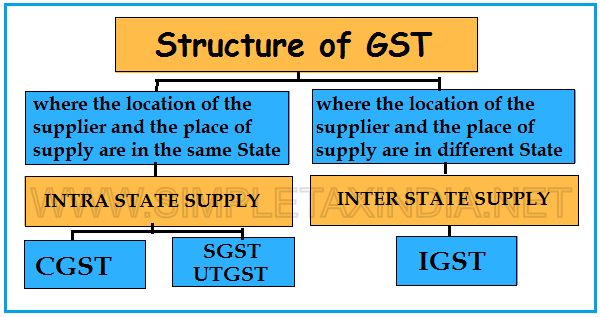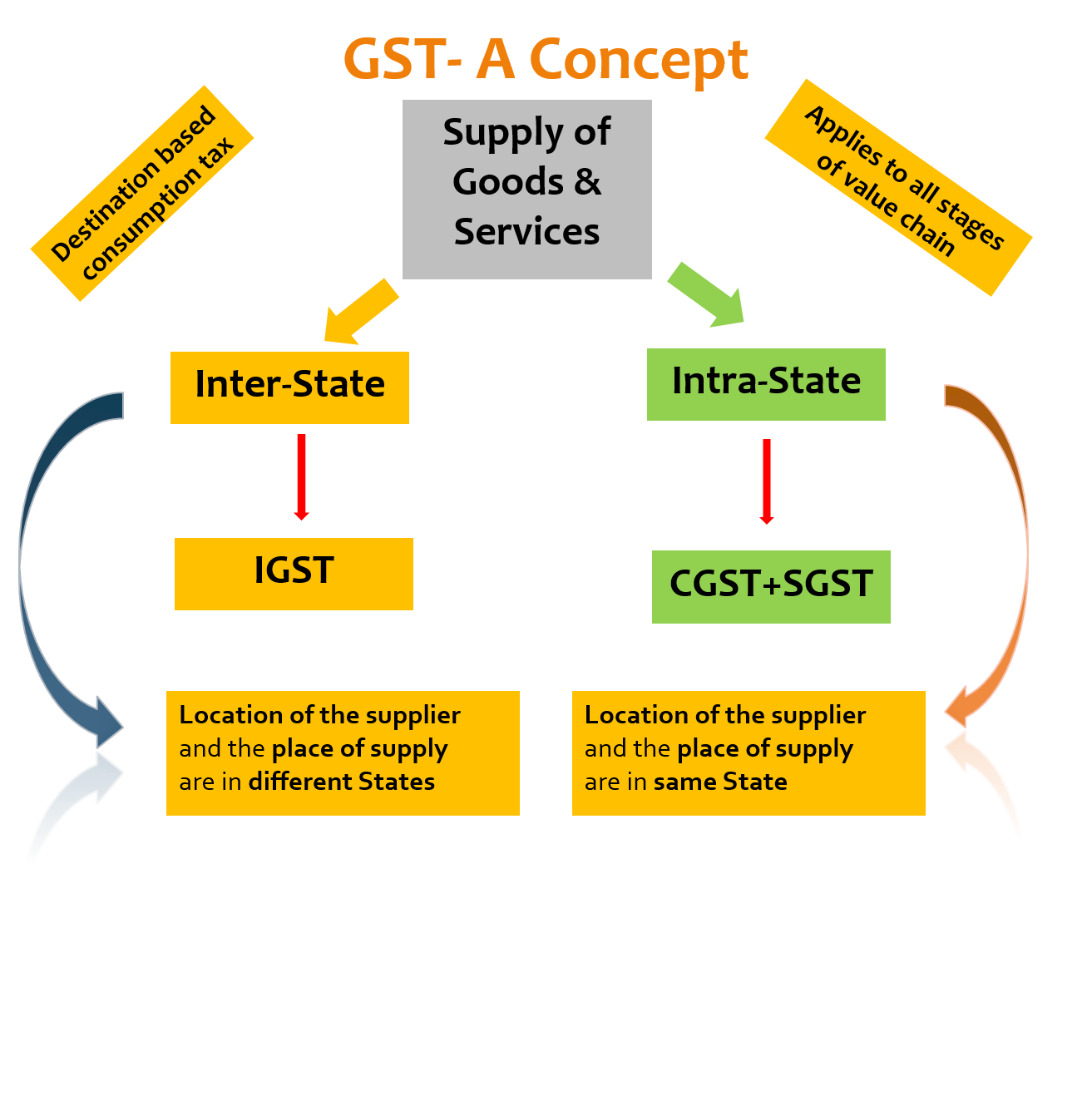What is TDS, and how does it work?
Tax deduction What is TDS? TDS stands for Tax Deducted at Source. It is a system introduced by the Income Tax Department of India to collect tax at the origin of income. According to this system, a person (referred to as the deductor) responsible for making certain payments (like salary, rent, professional fees, etc.) is… Read More »






